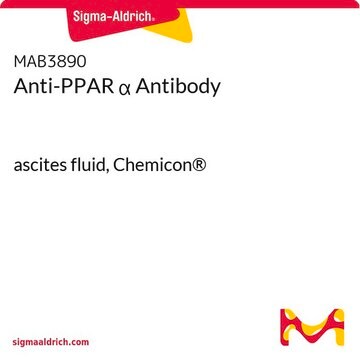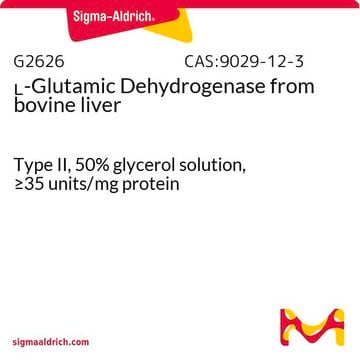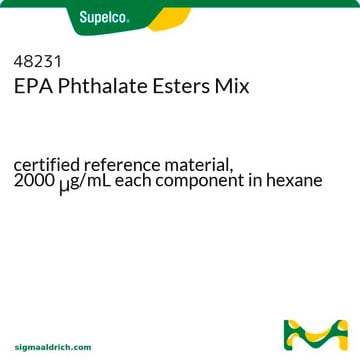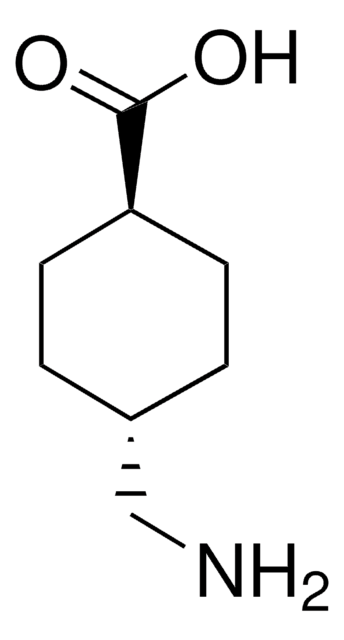P0869
Monoclonal Anti-Peroxisome Proliferator Activated Receptor α antibody produced in mouse
~1 mg/mL, clone 3B6/PPAR, purified immunoglobulin, buffered aqueous solution
Synonym(s):
Anti-PPARα
About This Item
Recommended Products
biological source
mouse
Quality Level
conjugate
unconjugated
antibody form
purified immunoglobulin
antibody product type
primary antibodies
clone
3B6/PPAR, monoclonal
form
buffered aqueous solution
species reactivity
mouse, rat, human
concentration
~1 mg/mL
technique(s)
western blot: 2-5 μg/mL using human, mouse and rat
isotype
IgG2b
UniProt accession no.
shipped in
wet ice
storage temp.
−20°C
target post-translational modification
unmodified
Gene Information
human ... PPARA(5465)
mouse ... Ppara(19013)
rat ... Ppara(25747)
General description
Immunogen
Biochem/physiol Actions
Physical form
Disclaimer
Not finding the right product?
Try our Product Selector Tool.
Storage Class Code
10 - Combustible liquids
WGK
WGK 3
Flash Point(F)
Not applicable
Flash Point(C)
Not applicable
Certificates of Analysis (COA)
Search for Certificates of Analysis (COA) by entering the products Lot/Batch Number. Lot and Batch Numbers can be found on a product’s label following the words ‘Lot’ or ‘Batch’.
Already Own This Product?
Find documentation for the products that you have recently purchased in the Document Library.
Our team of scientists has experience in all areas of research including Life Science, Material Science, Chemical Synthesis, Chromatography, Analytical and many others.
Contact Technical Service








